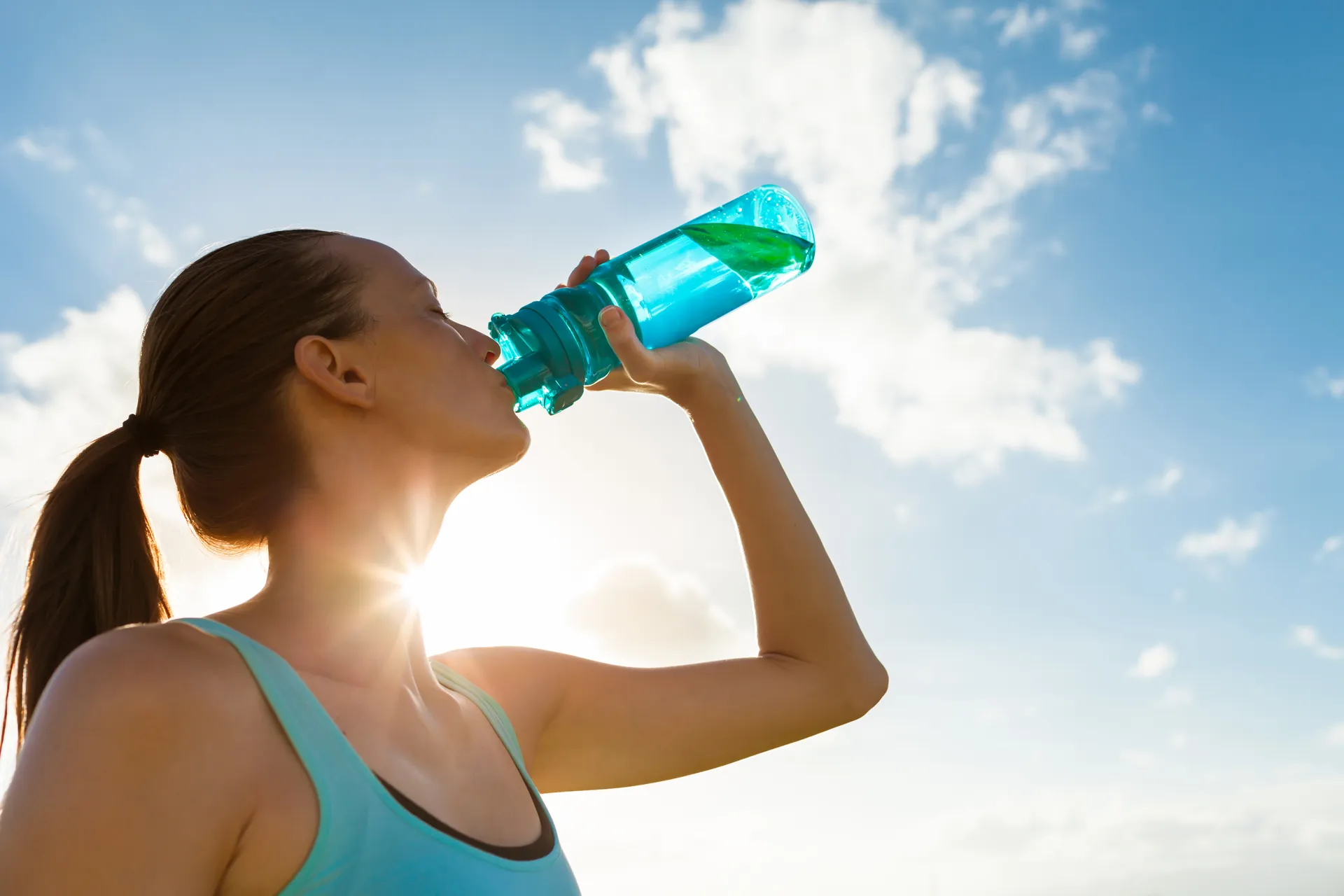
The Importance of Hydration: How Much Water Should You Drink Daily?
Water is an essential element for life. It plays a vital role in maintaining bodily functions, including temperature regulation, joint lubrication, and waste elimination. Despite its importance, many people overlook the need for adequate hydration in their daily routine. Understanding how much water you need and why it’s crucial can significantly impact your overall health and well-being.
Why Hydration is Important
The human body is composed of about 60% water. Every cell, tissue, and organ in your body needs water to function correctly. Hydration affects energy levels, brain function, and physical performance. Dehydration, even in its mildest form, can lead to fatigue, headaches, and difficulty concentrating. In severe cases, it can cause more serious health problems, such as kidney stones, urinary tract infections, and heatstroke.
Water also helps in the digestion and absorption of nutrients, making it an essential component in maintaining a healthy metabolism. It aids in weight loss by promoting a feeling of fullness and boosting your metabolism. Moreover, proper hydration is critical for maintaining healthy skin, as it helps to flush out toxins and keep the skin hydrated.
How Much Water Should You Drink?
The amount of water you need can vary depending on factors like age, weight, climate, and activity level. However, a common recommendation is the “8×8” rule—drinking eight 8-ounce glasses of water a day, which equals about 2 liters or half a gallon. While this is a good baseline, individual needs can differ.
For instance, those who engage in intense physical activity or live in hot climates may require more water. The Institute of Medicine (IOM) suggests a daily water intake of about 3.7 liters (125 ounces) for men and 2.7 liters (91 ounces) for women, including all beverages and food sources.
Signs of Dehydration
It’s essential to listen to your body’s signals and recognize the signs of dehydration. Common symptoms include:
- Thirst: This is the most obvious sign, though you should ideally hydrate before feeling thirsty.
- Dry mouth or skin: Lack of moisture in these areas can indicate dehydration.
- Fatigue or dizziness: Dehydration can cause a drop in blood volume, leading to fatigue and dizziness.
- Dark-colored urine: Pale yellow urine indicates adequate hydration, while dark yellow or amber signifies dehydration.
Tips for Staying Hydrated
- Carry a water bottle: Keep a reusable water bottle with you to sip on throughout the day.
- Set reminders: Use an app or set alarms to remind you to drink water regularly.
- Eat water-rich foods: Fruits and vegetables like cucumbers, watermelon, and oranges are high in water content.
- Monitor your intake: Track your daily water intake to ensure you meet your hydration goals.
Proper hydration is a simple yet powerful way to improve your health. By paying attention to your body’s needs and making water consumption a priority, you can enhance your physical and mental well-being.



